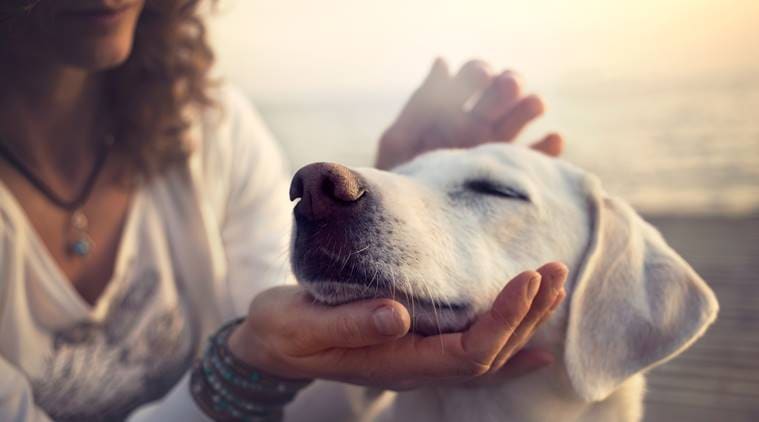 Chew toys can be soothing to the jaws and also prevent damage to other household items. (Photo: Getty Images/Thinkstock)
Chew toys can be soothing to the jaws and also prevent damage to other household items. (Photo: Getty Images/Thinkstock)
Teething is the process when baby teeth fall out, and adult ones grow in its place. The process, which can be extremely painful, is experienced not only by children, but members of the canine family. In puppies, this process usually happens when they are between three to nine months old and can be an excruciating time for pet parents and the dogs. The animals cannot directly communicate their pain and tend to express it through their actions. Which is why it becomes essential that the parents look out for any signs.
Puppies tend to gnaw and nibble on almost everything during this period. This is harmful to the jaws, and also things like furniture and shoes. But the right information about this process can ease up the transition phase. The exact teething period can vary based on the breed. However, it does not hurt to be prepared when you adopt or prepare your homes for a new member. These three tips will help you to save your stuff and ease the puppy’s pain.
Allot a pup-friendly zone
Your pet cannot be confined, they need open space to move around freely. Remove furniture and all other items from the area you plan to keep your pet in. This will give them space to play, and also protect your things. It is advisable to acquaint them with the space, so they don’t find it strange during the teething process.
ALSO READ | Simple tips to care for your pooch this winter
Invest in chew toys
Chew toys can be soothing to the jaws and also prevent damage to other household items. However, it is imperative to choose the appropriate toy as some chew toys can be hard for the puppy’s delicate jaws and cause permanent damage.
 You need to be make the environment stress-free for your pet. (Photo: Getty Images/Thinkstock)
You need to be make the environment stress-free for your pet. (Photo: Getty Images/Thinkstock)
Implement a healthy diet
Dogs need a particular diet during their development phase. This should be a balance of vitamins, calcium and minerals. Pet parents can include these nutrients as a part of the pet’s diet or give them as additional supplements. You can also discuss with your veterinarian about the ideal food for your puppy.
“It is essential to be patient and proactive during this period. Pet parents should identify ways to keep the pet stress-free without encouraging aggressive behaviour. They can give them small treats and play with them to distract them from the stress. You can also consult with experts to seek guidance and support to handle the situation,” says Rosie Paul, founder, Woofwoofnow: Global Pet Consulting.